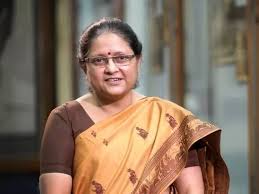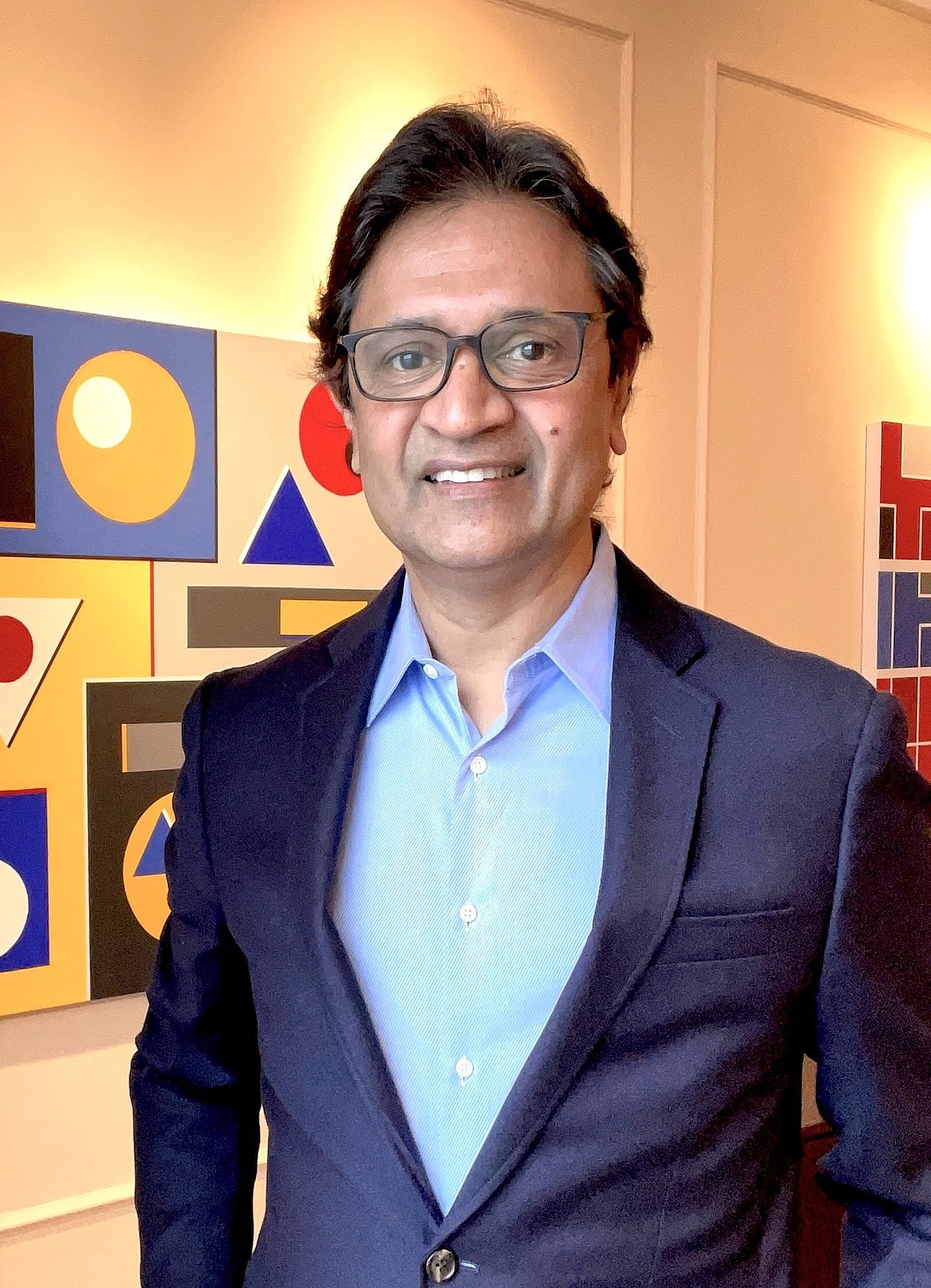
Director and Professor, ISI Kolkata
Title of the Talk: Algorithms for Single Cell Data Analysis
Abstract: With advances in technology, it has become possible to extract valuable biological information at the granularity of single cells. Single cell data for up to a million observations and with thousands of measurements per cell are now available. Single cell data sets are inherently noisy and have significantly high missing values, thus challenging algorithm designers and data analysts. Nevertheless, proper analysis of this data has the potential to uncover hitherto unknown information on cell types, cellular signatures and multiple cellular processes. In this talk, we will first provide brief introductions to basic molecular biology and single cell RNA-seq data. This will be followed by a discussion on some recent algorithms for single cell data analysis developed in our group, with particular emphasis on clustering single cell RNA-seq data. Finally, some results and their biological insights will be described for a few real-life data sets.
About the Speaker:
Sanghamitra Bandyopadhyay joined the Machine Intelligence Unit of the Indian Statistical Institute as a faculty member in 1999, after completing her PhD from the same Institute. She was the Director of the Institute from August 2015 to July 2020, and is currently on her second tenure as Director from September 2020 onwards. Sanghamitra has worked in various Universities and Institutes world-wide including in USA, Australia, Germany, France, Italy, China, Slovenia and Mexico, and delivered invited lectures in many more countries. She has received several awards and fellowships including the Bhatnagar Prize, Infosys award, TWAS Prize, DBT National Women Bioscientist Award (Young), INAE Silver Jubilee Prize, Young scientist/engineer medals of INSA, INAE and Science Congress, JC Bose Fellowship, Swarnajayanti Fellowship and Humboldt Fellowship. She is a Senior Associate of ICTP and Fellow of INSA, INAE, NASI and IEEE. She is currently a member of the Science, Technology and Innovation Advisory Council of the Prime Minister of India (PM-STIAC).
The current research interests of Prof. Sanghamitra Bandyopadhyay include artificial intelligence, machine learning, soft and evolutionary computation, pattern recognition, data mining and various other applications. She has authored/co-authored more than 300 research article in international journals, conferences and book chapters, and published six authored and edited books from publishers like Springer, World Scientific and Wiley. She has also edited journals special issues in the area of soft computing, data mining, and bioinformatics.

Professor, Columbia University
Title of the Talk: Future Cameras
Abstract: Computational imaging uses new optics to capture a coded image, and
an appropriate algorithm to decode the captured image. This approach has
enabled mobile devices to produce images that are rich, immersive and interactive. In this talk, we will show examples of computational cameras that are
transforming the way visual information is captured, communicated and
used by both humans and machines.
About the Speaker:
Shree K. Nayar is the T. C. Chang Professor of Computer Science at Columbia University. He heads the Columbia Vision Laboratory (CAVE), which develops computational imaging and computer vision systems. His research is focused on three areas - the creation of novel cameras that provide new forms of visual information, the design of physics-based models for vision and graphics, and the development of algorithms for understanding scenes from images. His work is motivated by applications in the fields of imaging, computer vision, robotics, virtual reality, augmented reality, visual communication, computer graphics, and human-computer interfaces.
Nayar received his PhD degree in Electrical and Computer Engineering from the Robotics Institute at Carnegie Mellon University. For his research and teaching, he has received several honors including the David Marr Prize (1990 and 1995), the David and Lucile Packard Fellowship (1992), the National Young Investigator Award (1993), the NTT Distinguished Scientific Achievement Award (1994), the Keck Foundation Award for Excellence in Teaching (1995), the Columbia Great Teacher Award (2006), the Carnegie Mellon Alumni Achievement Award (2009), Sony Appreciation Honor (2014), the Columbia Engineering Distinguished Faculty Teaching Award (2015), the IEEE PAMI Distinguished Researcher Award (2019), and the Funai Achievement Award (2021).
For his contributions to computer vision and computational imaging, he was elected to the National Academy of Engineering in 2008, the American Academy of Arts and Sciences in 2011, and the National Academy of Inventors in 2014.

Principal Scientist, Adobe
Title of the Talk: Controlling diffusion model generation to user constraints
Abstract: Recent advancements in text-guided image synthesis have revolutionized creative workflows, opening up a lot of possibilities in the realms of image generation. However, in many scenarios, the user would like to control specific aspects of the generation. In this talk, I will cover a few practical scenarios that gives raise to such constraints/controls and present some of our explorations that tailor diffusion models to provide such control and flexibility. I will begin with EMILIE, that allows iterative image generation where a user can retain parts of a generated image while customizing other parts to their needs. To allow for exemplar based image control, I will introduce MATTE, a textual inversion based framework and TINTIN, a T2I adaptor based framework that provides user to control generation on aspects like color, style from an example image(s). To address the computational costs associated with such custom generation, I will finally introduce our recent exploration on zero-shot customization of the generation by leveraging the latents.
About the Speaker:
Balaji Vasan Srinivasan is a principal scientist in Adobe Research focused on next generation technologies for enabling several content creation workflows. His current areas of research include multimodal content understanding, autogeneration of single-page graphic design, automatic translations of content across different modalities and informing content autogeneration with user-behavior data. In the past, he has worked on problems in text mining, social data analytics, high performance computing, scalable machine learning and speaker recognition. He has published several papers published in top NLP, Vision, HCI and AI conferences; and has several issued patents in related areas.
Balaji completed his Ph.D. in computer science at the University of Maryland in September 2011. His thesis was on Scalable Learning Methods for Speaker Recognition and Geostatistics. He completed his M.S. in electrical engineering from University of Maryland in 2008 and B.E. in electrical engineering from Anna University (India) in 2006. His work experience includes research internships at National Institutes of Health, Bethesda, MD (May – Aug 2007) and Xerox Research Center, Webster, NY (May – Aug 2011).